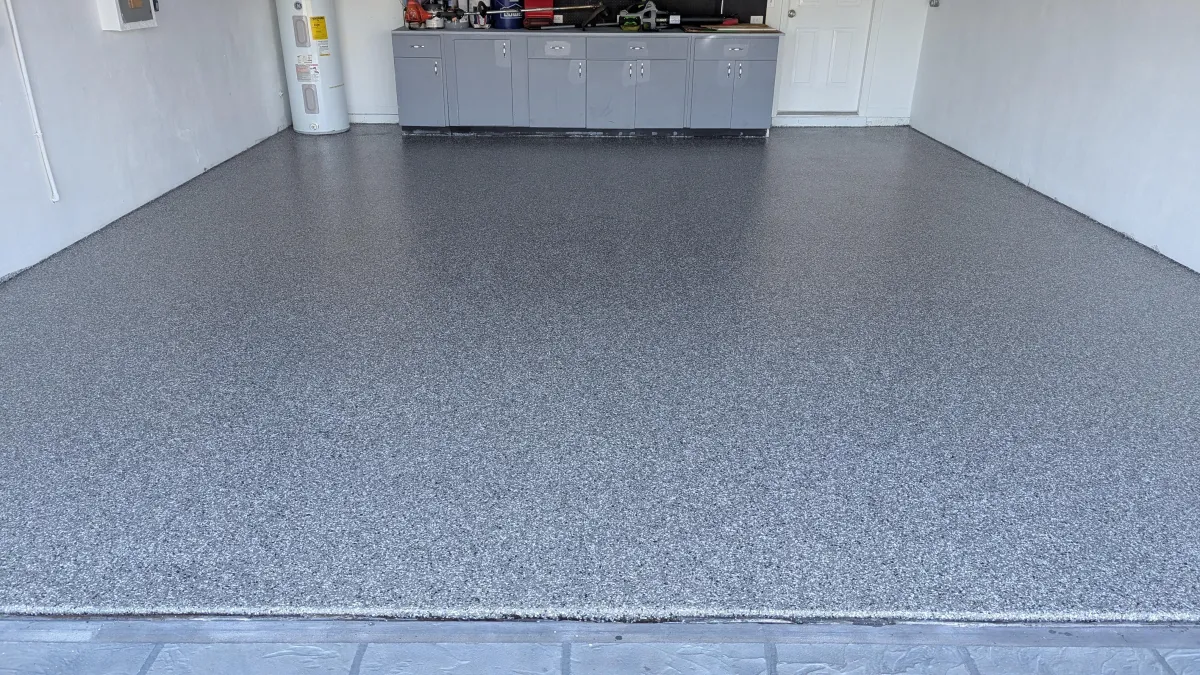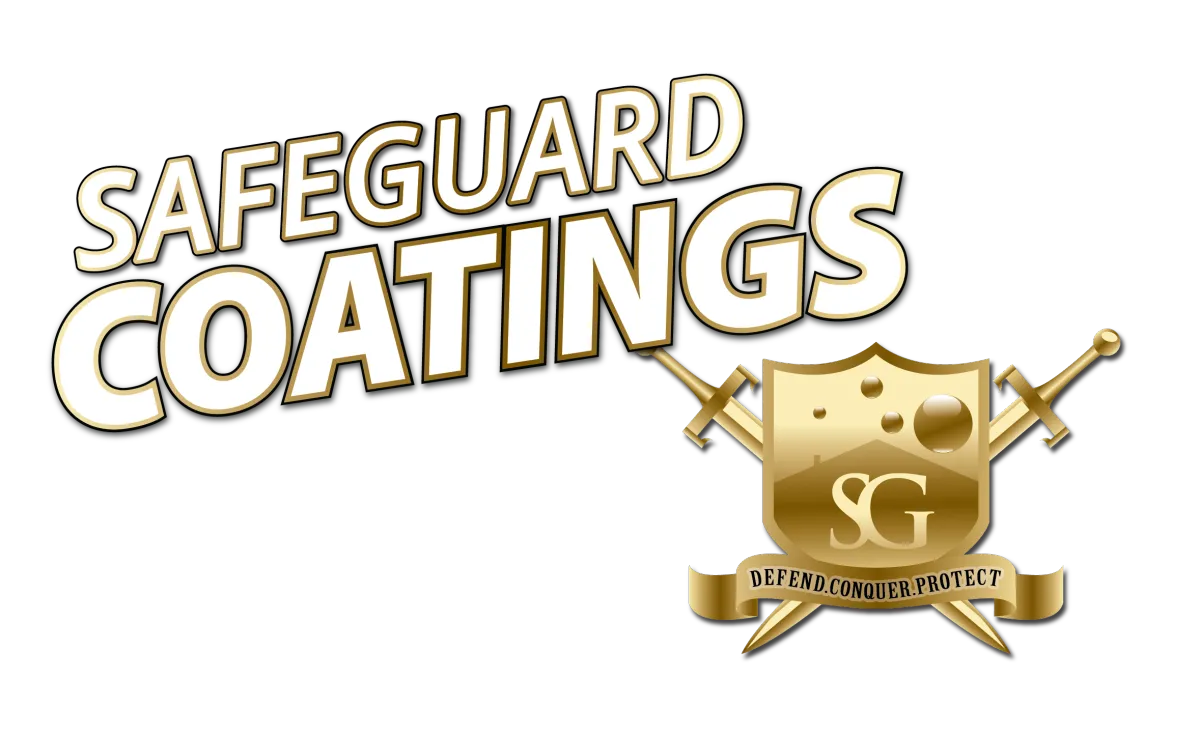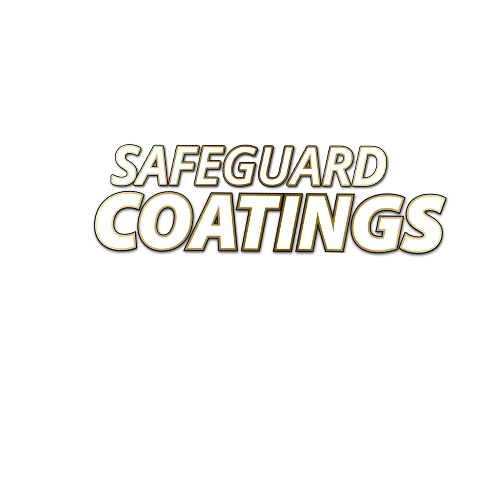
Epoxy Garage Floor Cost in Ocala FL | Safeguard Coatings
Why Garage Floor Pricing Isn’t One-Size-Fits-All
Ask around Ocala, and you’ll hear the same question over and over: “How much does it cost to epoxy my garage floor?” It sounds simple, but the real answer is—it depends. And anyone who gives you a price without seeing your garage is either guessing or trying to sell you something you probably don’t need.
Here in Florida, garage floors take a beating. Heat, humidity, tire wear, and moisture vapor from the slab all play a role in how a coating performs—and how much work it takes to install it right. So if you're seeing prices thrown around online without any context, take them with a grain of salt.
At Safeguard Coatings, we believe in giving our customers the full picture. No bait-and-switch pricing. No shortcuts that fail in six months. Just real insight, real materials, and real results—built for Central Florida garages.
Let’s break down what epoxy garage floors actually cost in Ocala—and the biggest factors that influence your final price.
What Does a Garage Epoxy Floor Typically Cost in Ocala?
If you’re just looking for a ballpark number, here it is: for a standard 2-car garage in Ocala, a professionally installed epoxy floor typically costs between $2,400 and $5,000. That’s roughly $6 to $12 per square foot, depending on your slab condition, finish type, and any extras you want.
So why the wide range?
Because not all garages—or coatings—are created equal. A clean, newer slab with minimal prep might stay on the lower end. A worn, pitted surface with moisture issues or cracks that need repairing? That’ll push the cost higher. Add in a full flake broadcast system, a polyaspartic topcoat, or custom design elements, and you're looking at a premium finish with added protection—and a slightly higher price tag.
Also keep in mind: cheap epoxy jobs aren’t just cheap—they’re risky. A low-end contractor might quote $1,500 to $2,000, but chances are they’re skipping mechanical prep, using low-solids epoxy, and skipping the topcoat altogether. That floor might look good for a few months, but you’ll be paying for a redo when it peels under hot tires or starts bubbling in Ocala’s humidity.
Bottom line? The real cost isn’t just what you pay upfront—it’s how long it lasts. Done right, an epoxy garage floor is a one-and-done investment that holds up for 10–20 years with minimal maintenance. Done wrong, it’s just another repair bill.
What Impacts the Final Price?
A. Slab Condition & Surface Prep
This is where most garage floor pricing swings start. A clean, smooth, new concrete slab with no issues is a dream job—it takes less time, fewer materials, and usually stays on the lower end of the pricing scale. But that’s rarely the case, especially in older Ocala homes where garages see plenty of wear and tear.
If your concrete has cracks, spalling, pitting, or was previously painted or sealed, expect to pay more. Why? Because the floor needs to be mechanically ground to remove contaminants, level imperfections, and open the surface pores for proper bonding. Without that prep, even the best epoxy system will fail. And in Florida’s humid climate, moisture testing is a must.
Proper surface prep is not optional—it’s 90% of the job. It’s the difference between a floor that lasts two years and one that lasts twenty.
B. Product Type & System Buildout
Not all epoxy is created equal. Cheap kits you find at a box store are water-based and thin—they might cost less, but they also don’t last. At Safeguard Coatings, we use 100% solids epoxy for the base layer and often add a polyaspartic topcoat for UV protection and chemical resistance.
Want a full broadcast flake system? That adds grip, color, and durability—but it also adds labor and material cost. Prefer a solid color epoxy or a metallic blend? Those come with different pricing tiers too.
Bottom line: the materials you choose impact the performance and the price. But investing in a well-built system up front saves you from redoing it in a year or two.
C. Garage Size, Layout & Extras
Size matters. A 1-car garage might run $1,200–$2,000 depending on conditions. A large 3-car with odd angles, steps, or extra edges? That’s a different story. The more surface area, detail work, and prep needed, the more time and product it requires.
Then there are the extras. Want a moisture vapor barrier? Need a high-build system for heavy use? Want to add custom flake colors, anti-slip grit, or a company logo to the floor? These upgrades aren’t mandatory, but they enhance the final product—and come with a reasonable bump in price.
When you’re comparing quotes, make sure you’re comparing the entire system—not just the square footage price. The cost isn’t just about coverage—it’s about quality, prep, protection, and finish.
Cheap Bids vs. Professional Installers: What You’re Really Paying For
Let’s cut through the noise: if someone in Ocala is quoting you $1,000–$1,500 for a full epoxy garage floor, you’re not getting a deal—you’re getting half a job.
Here’s what cheap bids usually leave out:
No moisture testing, which is critical in Florida. If your concrete slab is holding vapor (and many do), the coating will bubble, peel, or delaminate.
No grinding or proper prep. They might hit it with a degreaser and a broom, but that doesn’t open the pores for bonding.
Low-solids or water-based epoxy. These look shiny for a few weeks, then start chipping under normal garage use.
No topcoat. Without a UV-stable, chemical-resistant layer, your floor is vulnerable to staining, yellowing, and hot tire pickup.
In contrast, a pro crew like Safeguard Coatings handles each floor with care from start to finish:
Mechanical grinding and crack repair
Vapor barrier if needed
100% solids epoxy and polyaspartic topcoat
Optional flake, anti-slip additives, and design customizations
We’re not trying to be the cheapest. We’re trying to be the last contractor you’ll ever need to hire for your garage floor.
So ask yourself: do you want a coating that lasts a year—or a floor that lasts a decade?
Let’s Talk Numbers – Get a Real Quote
You don’t need vague estimates or slick sales tactics. You need a clear, honest quote from a local pro who understands Florida concrete and stands behind their work.
At Safeguard Coatings, we take the time to walk your garage, assess your concrete, and give you a straightforward quote—no pressure, no gimmicks. Whether you want a budget-friendly flake system or a high-performance coating that looks showroom-ready, we’ll break it down and help you choose what makes sense. See our process here.
Serving Ocala and surrounding areas
Call us at: (352) 400-6256
Email: [email protected]
Request your free estimate
Your garage deserves better than a box-store kit and a brush. Let’s build a floor that actually lasts.
Frequently Asked Questions About Garage Epoxy Floors in Ocala
How long do epoxy floors last in Florida garages?
When installed correctly, a garage epoxy floor can last 15 to 20 years or more. In Ocala’s humid climate, it’s important that the installer uses proper moisture mitigation and a UV-stable topcoat to prevent peeling, yellowing, or bubbling over time.
Can epoxy be installed over a cracked or damaged slab?
Yes—but cracks, pits, and damaged areas need to be repaired first. We grind the surface, fill and patch imperfections, and prep the slab to ensure long-term adhesion. Skipping this step is a fast track to failure.
Will I be able to use my garage during installation?
You’ll need to keep the garage clear for at least 24–48 hours. Light foot traffic is usually okay after one day, but vehicle traffic should wait 48–72 hours depending on temperature and humidity levels.
What’s the difference between epoxy and polyaspartic?
Epoxy forms the base layer—it’s strong and bonds well to concrete. Polyaspartic is often used as the topcoat—it cures faster, is UV-resistant, and holds up better against heat and chemicals. Most premium systems use both.
Is epoxy slippery when wet in Florida’s rainy months?
It can be, which is why we offer optional slip-resistant additives. These textured finishes help provide traction without compromising appearance—especially useful in garages, entryways, and poolside areas.
Still have questions? Just give us a call—we’re happy to help.


